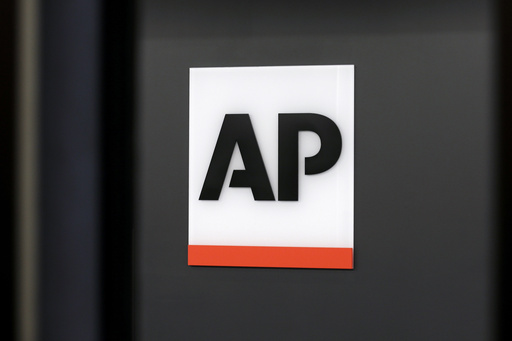The Associated Press announced on Monday its decision to initiate a series of buyouts and select layoffs, aiming to decrease its workforce by approximately 8% while enhancing its shift towards a digital-first structure.
This strategy comes during a challenging period for the news industry, which has faced various financial difficulties over the years. This situation has been exacerbated by the conclusion of a busy presidential election cycle, prompting organizations like the AP to expedite their restructuring initiatives.
Eligible employees for buyouts were informed about the offers, which include severance packages and partial health benefits lasting up to 18 months, on Monday. Those whose positions are slated for elimination will be notified regarding their job status in the following weeks.
Once recognized as the most extensive news-gathering entity globally, the AP no longer claims that title and does not disclose its current staffing figures. Consequently, it was unclear how many individuals would be impacted by these recent changes. The AP indicated that less than half of the anticipated workforce reductions would affect its news employees, with the majority taking place in the United States.
The News Media Guild reported that 121 of its union members would receive buyout offers. However, the AP did not provide any specific figures but suggested that the total job cuts among union staff would be lower than that number.
The AP, known for its commitment to impartial news reporting, provides stories, photographs, videos, and interactive content directly to consumers through its website. Nonetheless, its primary revenue still comes from supplying journalism to other news organizations.
This year, two major publishing groups, Gannett and McClatchy, announced their decision to stop purchasing news from the AP, marking the end of a relationship that had lasted over a century in Gannett’s case. Although the AP has worked to diversify its income, including accepting philanthropic contributions, it continues to face challenges from the widespread financial troubles affecting the news sector.
“We are all aware that the media industry is undergoing a transformational phase,” stated Daisy Veerasingham, AP’s president and CEO, in a message to staff sent early on Monday. “Our clients – both in terms of their identities and their requirements – are evolving swiftly. This is why we are concentrating on delivering a digital-first news service. We must now expedite our progress on this path.”
In broad terms, this shift entails a greater focus on visual journalism, emphasizing photography and video integrated into storytelling.
According to an AP spokeswoman, Veerasingham was unavailable for an interview at the time.
The AP remains an integral component of the news industry’s framework, especially concerning U.S. elections. During its coverage of the recent elections, the AP experienced an unprecedented level of engagement with its live video, election data, visuals, and interactive offerings, as noted by Veerasingham.
The organization mentioned that it had reached a preliminary agreement with its union regarding the buyouts, pending ratification by its members. The leader of AP’s union did not respond immediately to a request for comment.


